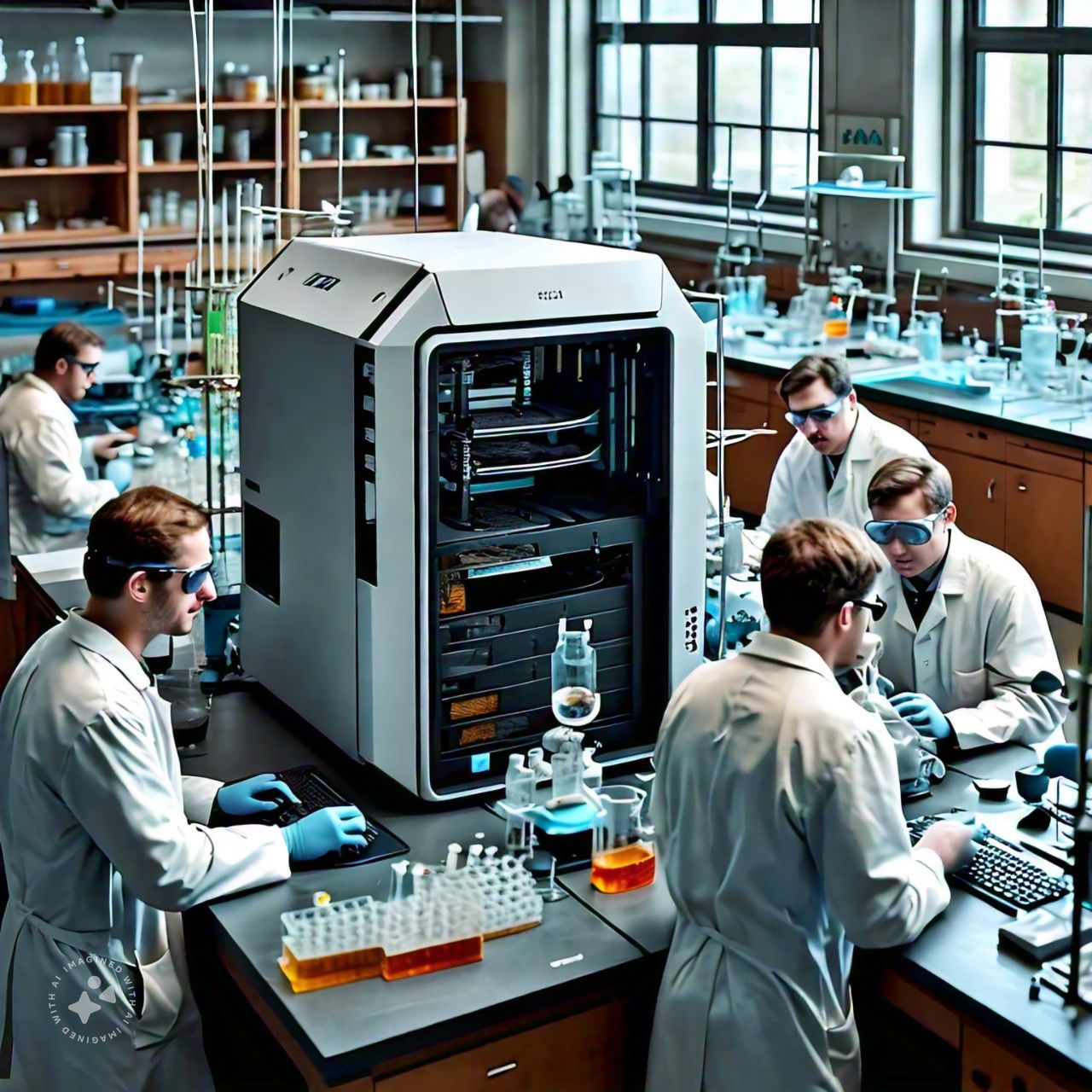The synthetic biology market is projected to reach USD 35.7 billion by 2027 from USD 11.4 billion in 2022, at a CAGR of 25.6% during the forecast period. The growth of this market is mainly driven by rise in demand for synthetic genes and synthetic cells, declining cost of DNA sequencing and synthesizing. Furthermore, increased R&D funding coupled with high investment by market players in synthetic biology is likely to upsurge market growth in coming years.
The Synthetic Biology Market is experiencing a remarkable surge, propelled by groundbreaking innovations and heightened demand across various industries. As technology continues to advance, this burgeoning sector promises to revolutionize healthcare, agriculture, energy, and beyond. Let’s delve into the intricacies of this dynamic market and explore its current trends and future prospects.

Download an Illustrative overview:
Understanding Synthetic Biology
Synthetic biology entails the engineering of biological systems for the creation of novel products, ranging from pharmaceuticals and biofuels to sustainable materials. By harnessing the power of genetic engineering, researchers can design and manipulate biological components to perform specific functions, mimicking natural processes or creating entirely new ones.
Market Dynamics
The Synthetic Biology Market is driven by a confluence of factors, including increasing investments in research and development, growing awareness of environmental sustainability, and rising demand for personalized medicine. Additionally, advancements in DNA sequencing technologies and gene editing tools have significantly accelerated the pace of innovation within the field.
Industry Insights
In healthcare, synthetic biology holds immense promise for the development of tailored therapies and diagnostics. From precision medicine to gene therapies, researchers are leveraging synthetic biology techniques to address complex medical challenges and improve patient outcomes. Furthermore, the advent of synthetic biology-enabled drug discovery platforms is revolutionizing the pharmaceutical industry, expediting the development of novel therapeutics.
In agriculture, synthetic biology is reshaping the landscape of food production and sustainability. Engineered crops with enhanced nutritional profiles, disease resistance, and environmental adaptability offer solutions to global food security challenges. Moreover, the development of bio-based pesticides and fertilizers underscores the potential of synthetic biology to reduce reliance on harmful agrochemicals and promote sustainable farming practices.
In the energy sector, synthetic biology is driving the transition towards renewable biofuels and biomanufacturing processes. Microbial fermentation pathways are being engineered to produce biofuels from renewable feedstocks, offering a cleaner alternative to fossil fuels. Additionally, synthetic biology-driven innovations in biomanufacturing are enabling the production of bio-based chemicals, plastics, and materials, contributing to the circular economy and reducing carbon emissions.
Current Trends
Several notable trends are shaping the Synthetic Biology Market:
Gene Editing Revolution: CRISPR-based gene editing technologies continue to dominate the synthetic biology landscape, enabling precise modifications of DNA sequences with unprecedented efficiency and accuracy.
Bioinformatics Integration: The integration of bioinformatics tools and computational modeling is enhancing the design and optimization of synthetic biological systems, facilitating rapid prototyping and iterative improvements.
Industrial Biotechnology Expansion: Increasing adoption of synthetic biology in industrial biotechnology is driving the development of novel bioproducts and bioprocesses for diverse applications, from bio-based chemicals to renewable materials.
Collaborative Ecosystem: Collaborations between academia, industry, and government entities are fostering innovation and knowledge exchange, fueling the rapid advancement of synthetic biology research and commercialization efforts.
Future Outlook
The Synthetic Biology Market is poised for exponential growth, propelled by continuous technological advancements, expanding applications, and increasing investment influx. As the global demand for sustainable solutions escalates, synthetic biology will play a pivotal role in addressing pressing challenges across various sectors. With interdisciplinary collaborations and regulatory support, the future holds immense potential for the widespread adoption and integration of synthetic biology into diverse industries, ushering in a new era of innovation and sustainability.
In conclusion, the Synthetic Biology Market represents a dynamic and transformative force poised to reshape industries and address global challenges. By staying abreast of emerging trends and leveraging cutting-edge technologies, stakeholders can capitalize on the myriad opportunities offered by this rapidly evolving field.
